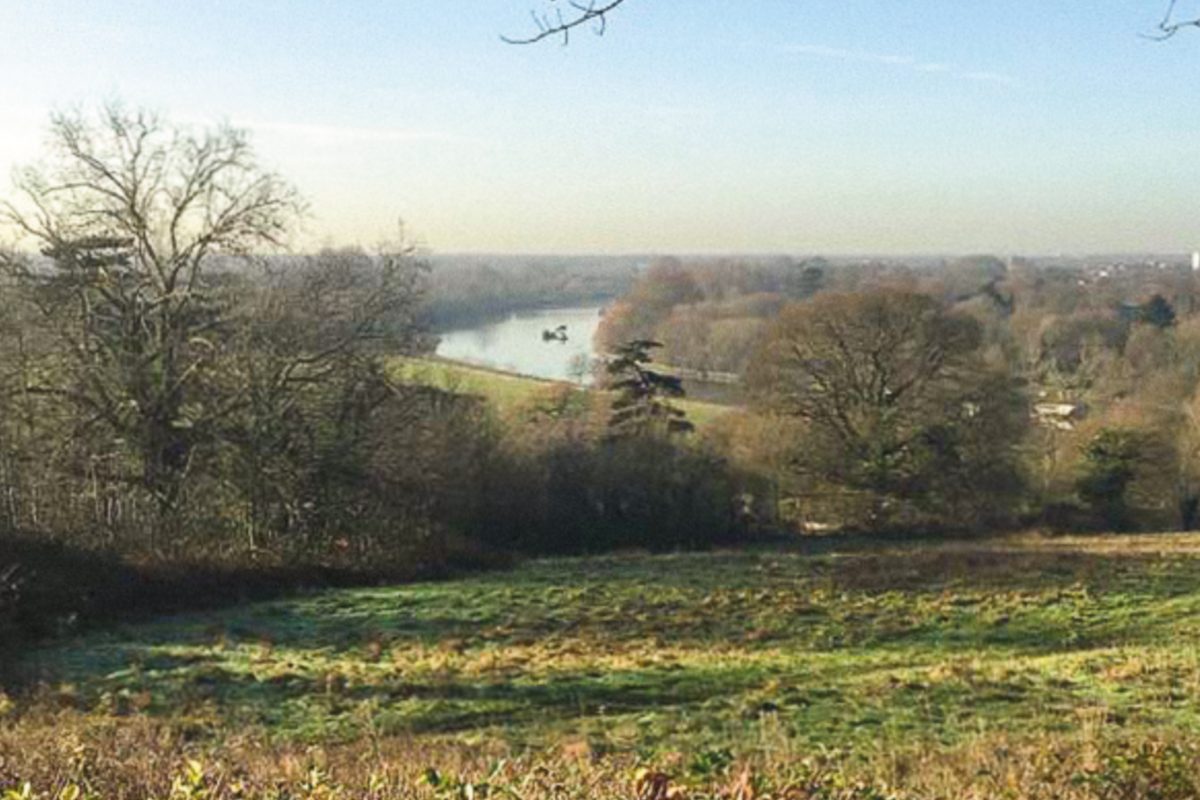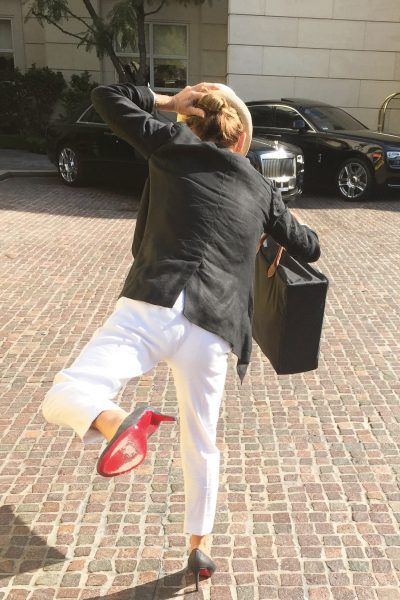
Is everyone watching the costume drama Downton Abbey? Get to iTunes fast and catch up if you aren’t. It’s brilliant. It’s a wild success over here. Most Americans are intrigued by the English class system as well they might be. It’s complicated. There are so many British cultural nuances in the series that a quick guide might help.
There are broad categories: upper and lower working class, upper and lower middle class, upper and lower upper class. It doesn’t stop until it gets to The Queen.
Class isn’t all about money. It’s more like in Chess. Imagine the pieces as people. The queen doesn’t move around a lot but when she does she can go a long way in one direction. Everyone wants to be her friend and bask in reflected glory. She has a large family; Princes and Princesses, Dukes, Earls, Dowagers, Ladies etc. A pawn can turn into another piece but only at a certain point, maybe by winning the lottery or making a lot of money. The Bishops bring that little touch of religion people seem to need. The Knights are all classes nowadays but still pretty busy protecting things and popping up in odd places.
The class system is all about social mobility. The reason it’s more like Chess than Ping–Pong is that the rules are complicated, there’s more than two players and an awful lot of metaphorical and real balls in the air. It’s about your accent, your clothes, where you live, who you know.
Downton Abbey captures all of this exquisitely. Ultimately it shows that behind the veneer and the opulence lie real people dealing with the universal themes of money, career, health and love. Issues that cross the barriers of time, place and class. So you see it isn’t so different from California after all. Five days and counting until my book gets released and India Butler has to navigate her way through the social terrain of Los Angeles. Five days and counting…



